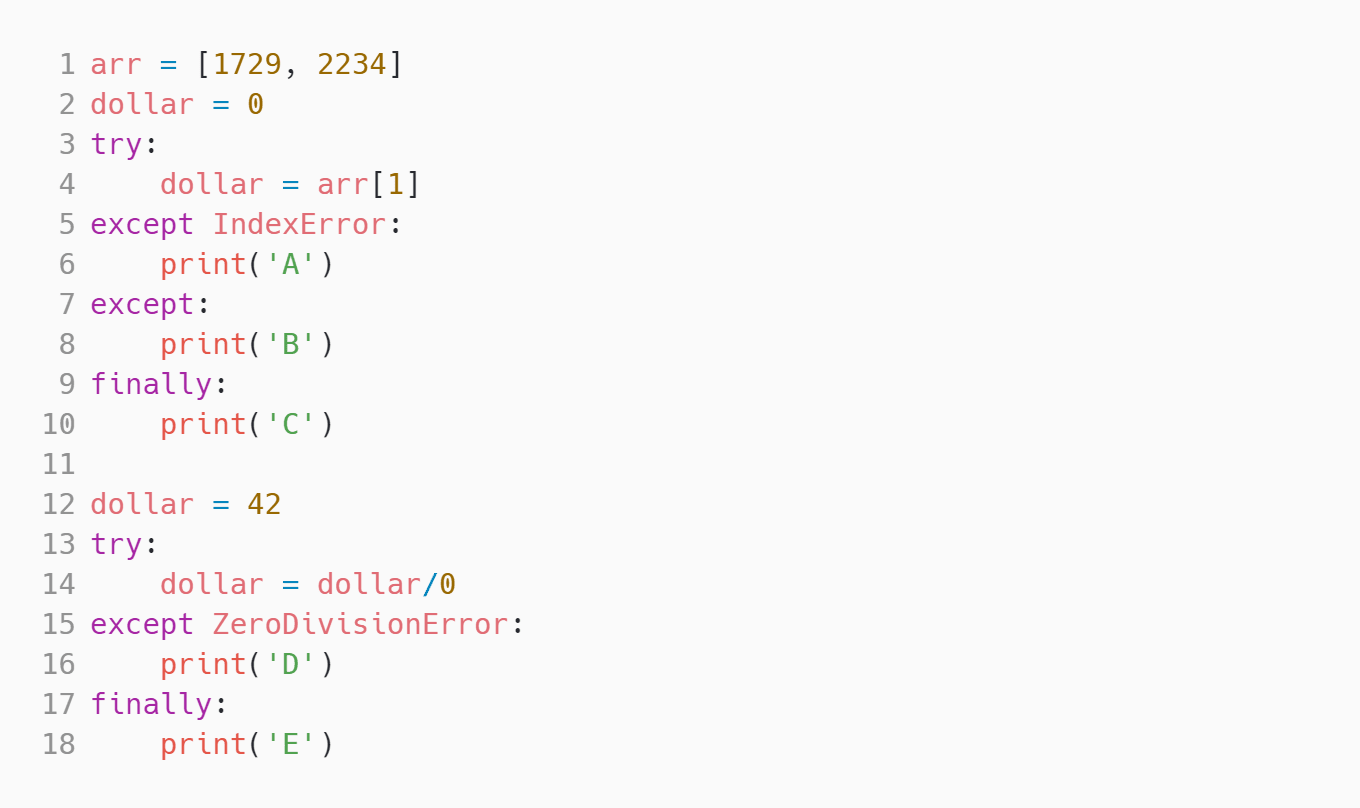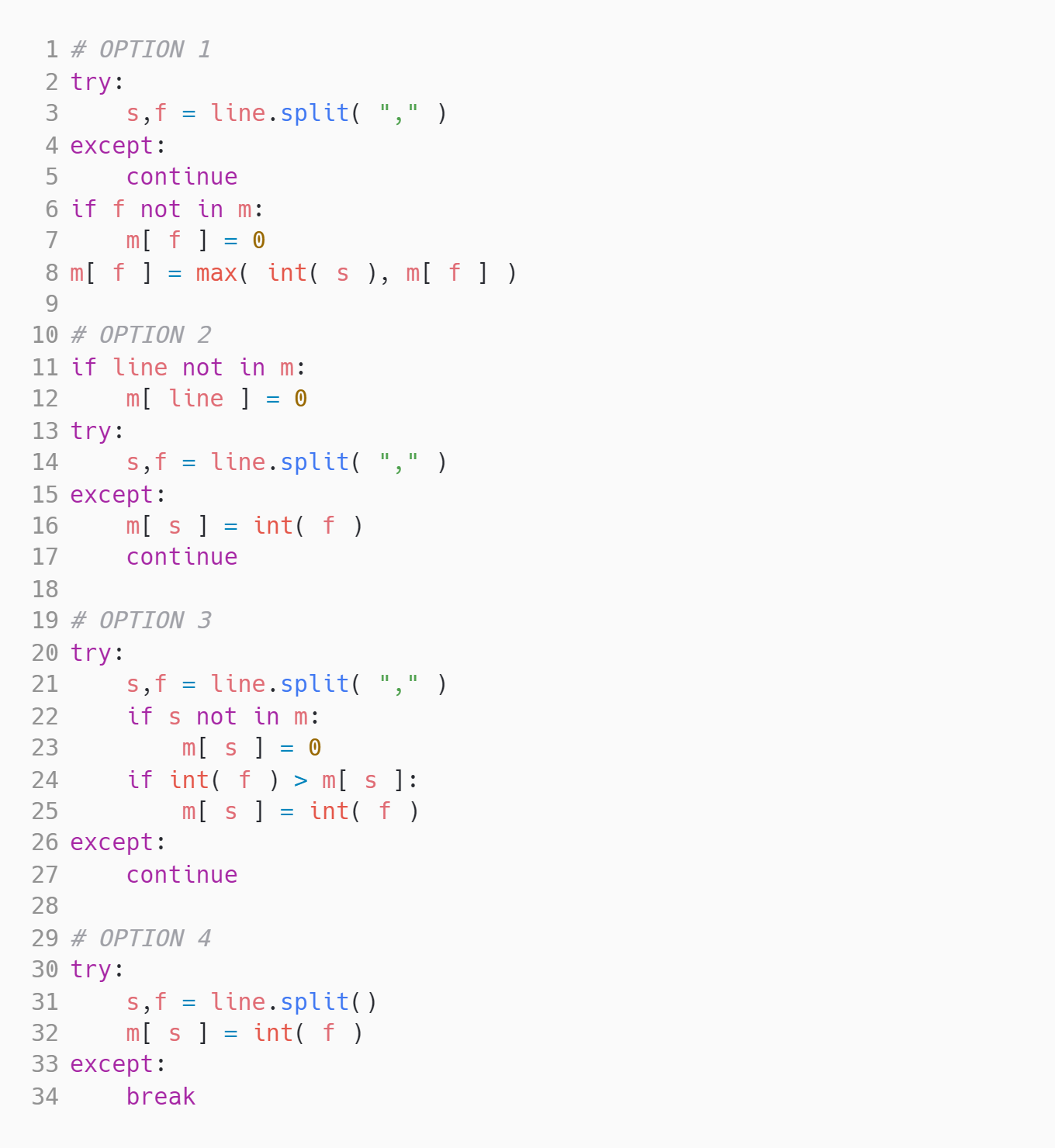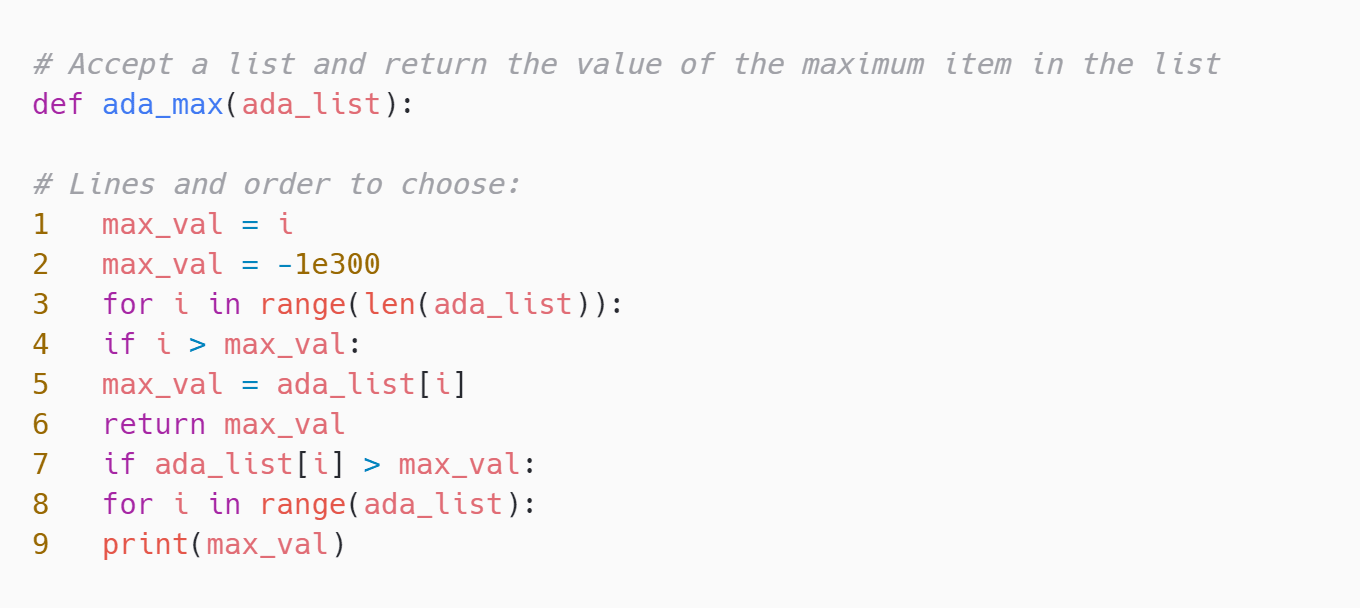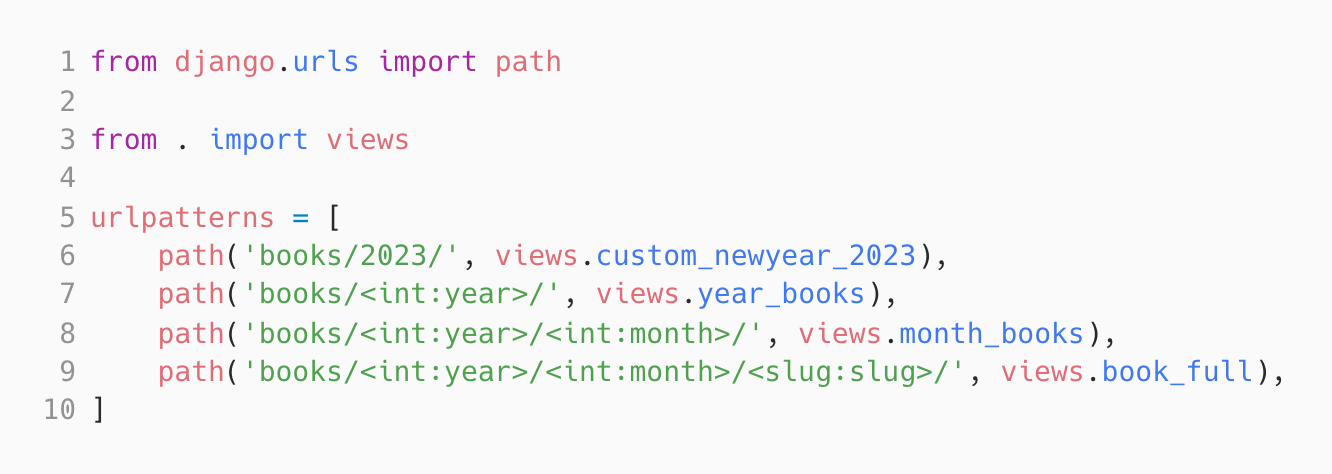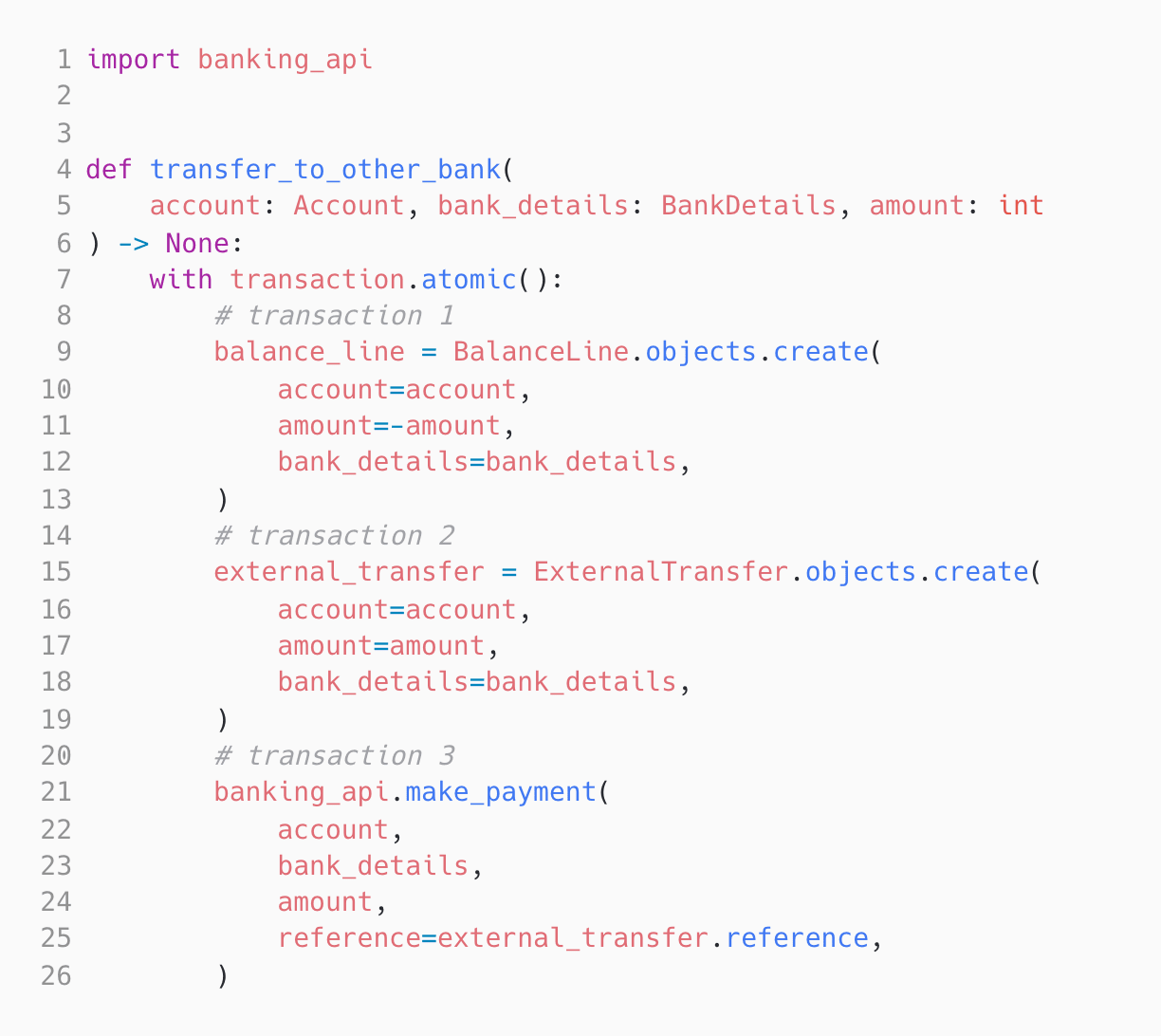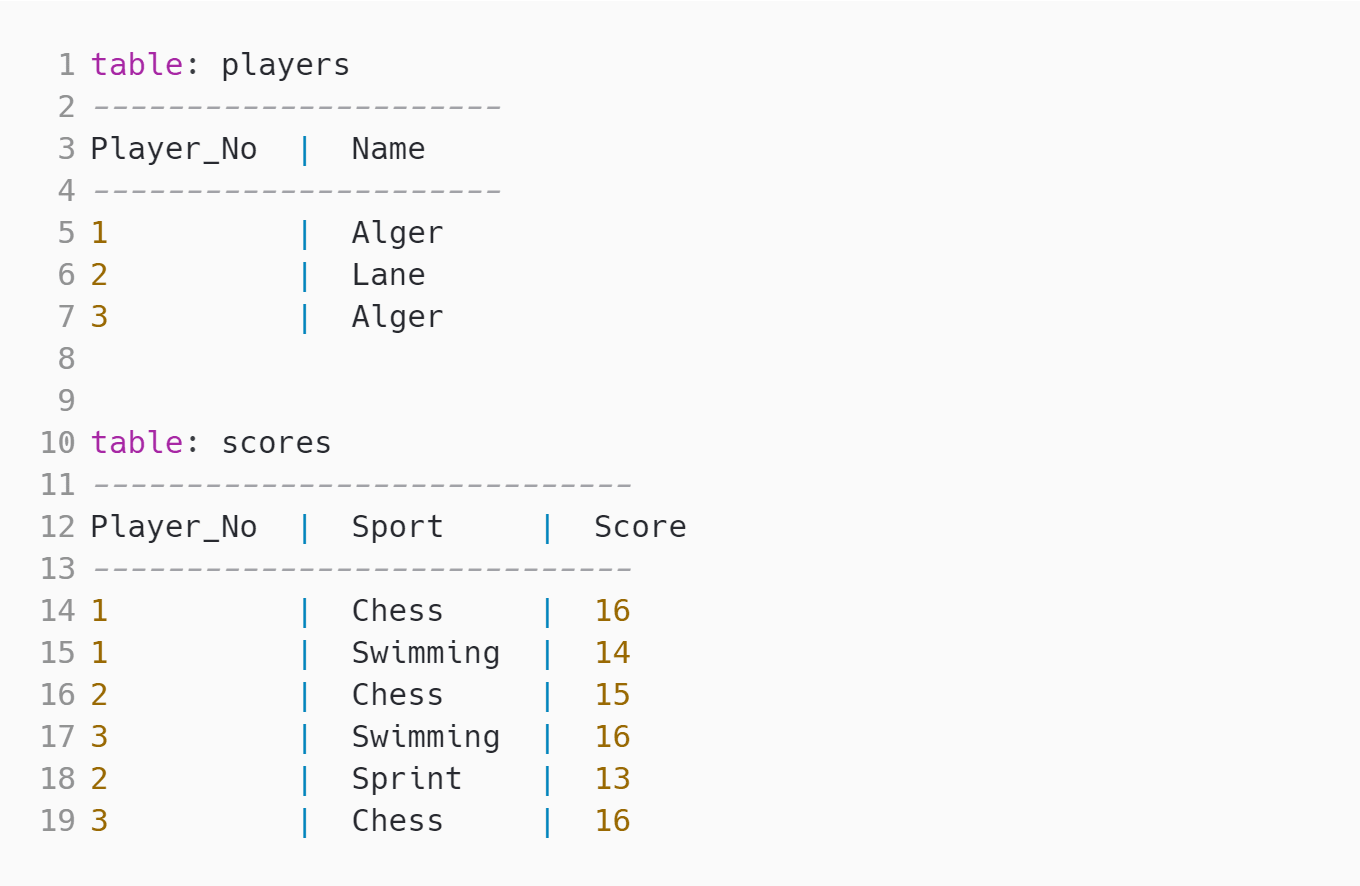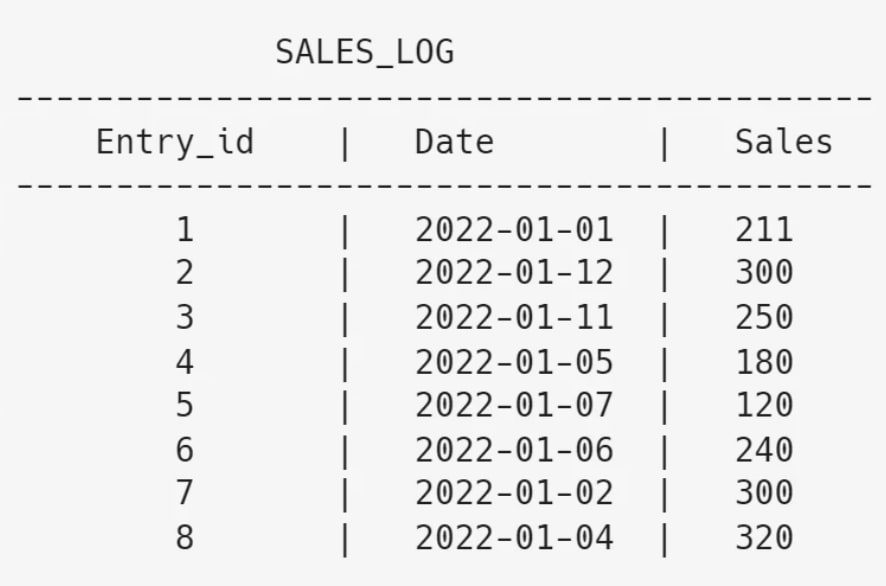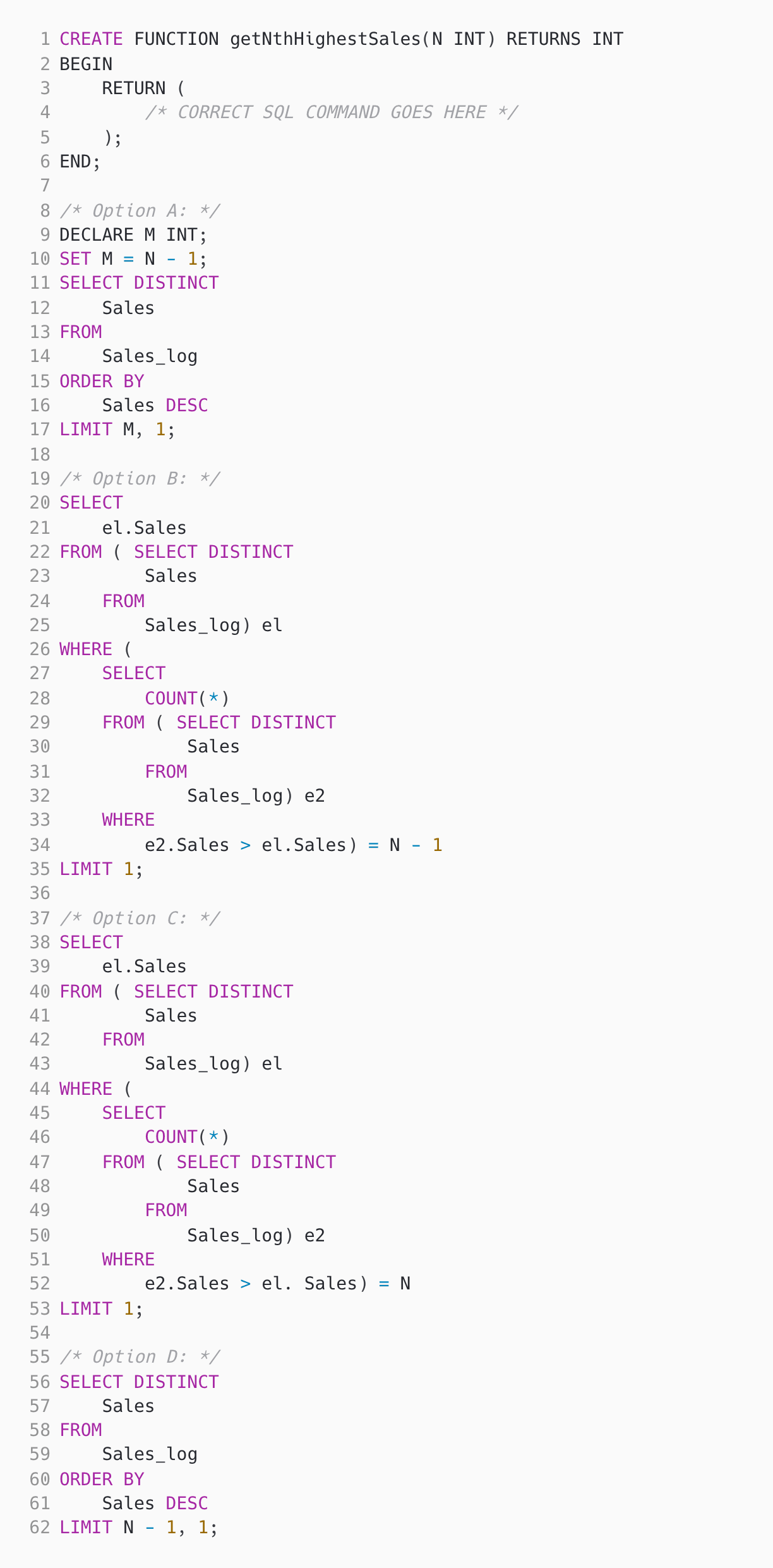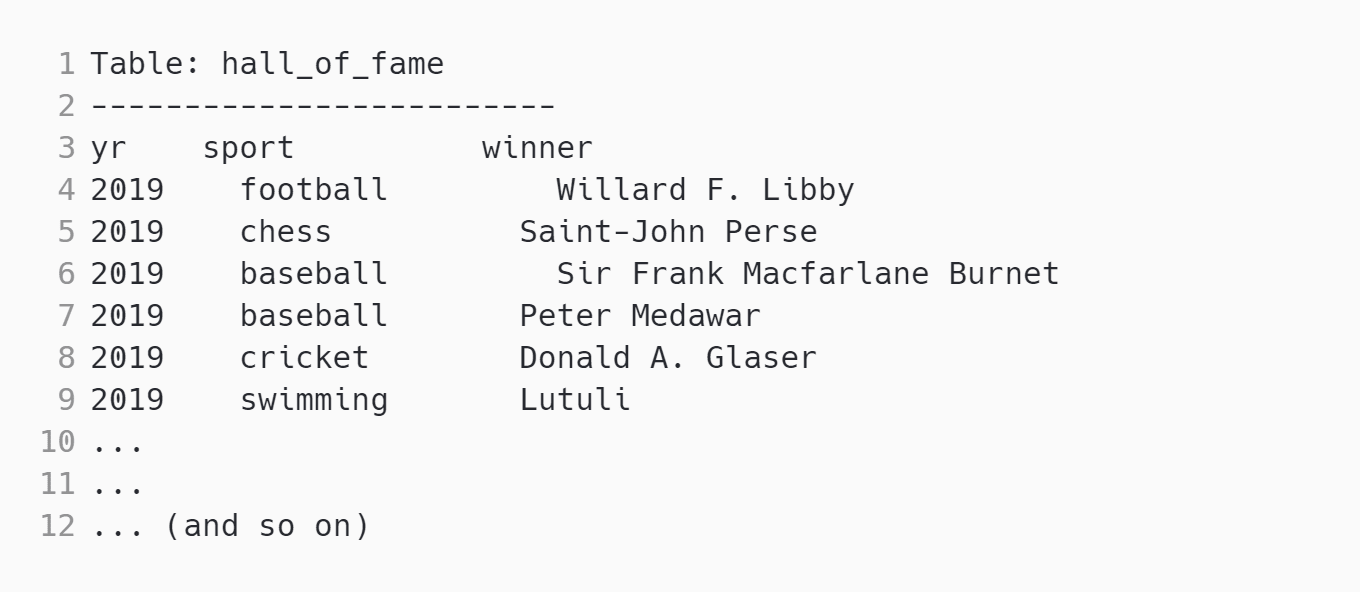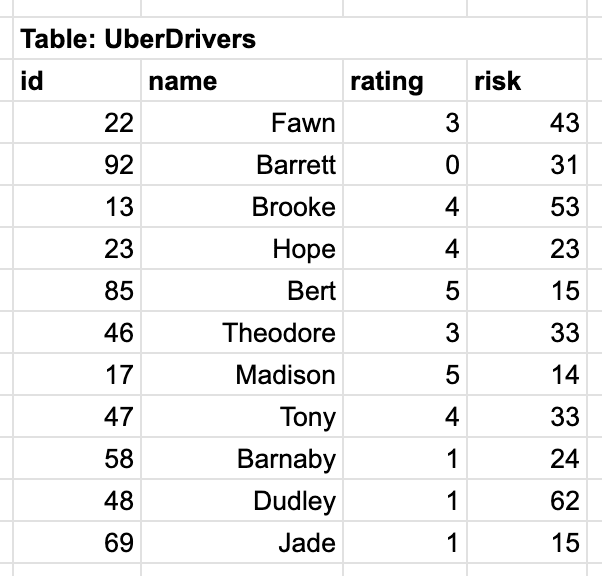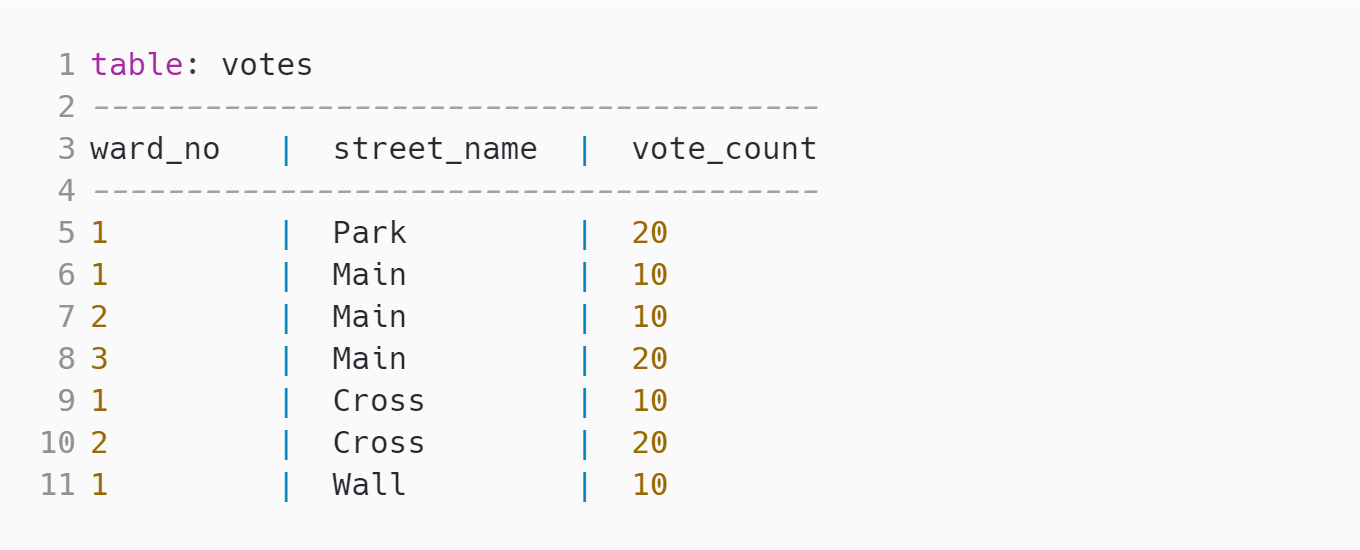Python fundamentals: Python fundamentals cover the basic concepts, syntax, and principles of the Python programming language. This skill is measured in the test to assess a candidate's understanding of the language's core functionalities and their ability to write efficient and effective Python code.
Data Structures: Data Structures refer to the way data is organized, stored, and accessed in a computer program. This skill is measured in the test to evaluate a candidate's knowledge and proficiency in using different data structures such as lists, dictionaries, sets, and tuples to solve programming problems efficiently.
CRUD operations on tables: CRUD operations (Create, Read, Update, Delete) on tables involve manipulating data in a relational database using SQL queries. This skill is measured in the test to gauge a candidate's ability to work with databases, perform basic database operations, and ensure data integrity.
Errors and exceptions handling: Errors and exceptions handling refers to the process of identifying, catching, and managing errors or unexpected events in a program's execution. This skill is measured in the test to assess a candidate's proficiency in writing reliable code that can handle errors gracefully and prevent the program from crashing.
Django framework basics: Django is a high-level Python web framework that enables developers to build robust and scalable web applications. This skill is measured in the test to evaluate a candidate's understanding of the fundamental concepts, components, and workflow of the Django framework.
Django Models and Views: Django Models and Views are integral parts of the Django framework. Models define the data structures and relationships in a Django application, while views handle the logic behind rendering templates and processing user requests. This skill is measured in the test to assess a candidate's proficiency in designing and implementing models and views in Django.
Django Templates: Django Templates are used to define the structure, layout, and presentation of web pages in Django applications. This skill is measured in the test to evaluate a candidate's ability to create dynamic and user-friendly web interfaces using Django's template system.
SQL CRUD Operations: SQL CRUD Operations involve performing Create, Read, Update, and Delete operations on the data stored in a relational database using SQL queries. This skill is measured in the test to assess a candidate's proficiency in querying, manipulating, and managing data using SQL.
SQL Joins and Indexes: SQL Joins are used to combine rows from multiple tables based on related columns, while Indexes are used to optimize query performance by creating efficient data structures. This skill is measured in the test to evaluate a candidate's understanding of advanced SQL concepts and their ability to write complex database queries.
Python Programming: Python Programming refers to the overall knowledge and expertise in using the Python language to solve real-world problems. This skill is measured in the test to assess a candidate's proficiency in writing Python code, implementing algorithms, and applying best practices to develop high-quality software.



















